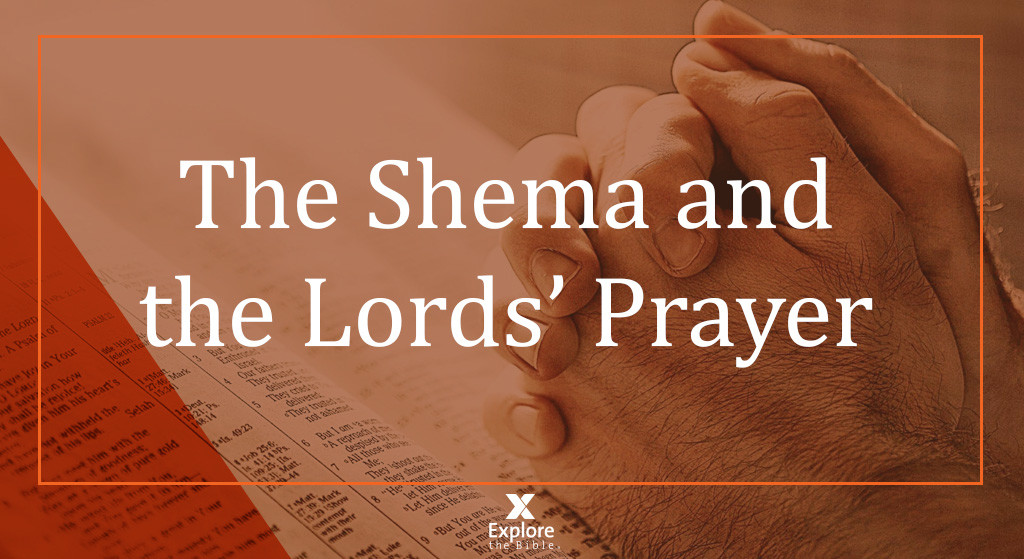As Jesus preached to the people gathered that day on the side of the Sea of Galilee, he addressed the issue of prayer (Matt. 6). The people gathered were Jewish and had praying habits that were ingrained into their life. During Jesus’ day, Jewish practices involved three daily prayers. You can see this practice as far back as the time of Daniel. These three daily prayers were at sunrise, sunset, and at 3 P.M. (coinciding with the afternoon sacrifice in the Temple). The sunrise and sunset prayer time always included quoting the Shema.
Originally, the Shema included only Deuteronomy 6:4-9. Over time, this prayer included Deuteronomy 11:13-21 and Numbers 15:37-41. The first passage serves as a reminder to love God with all one’s’ being and to teach to future generations to love God as well. The second passage emphasizes that obedience leads to blessings while disobedience leads to judgment. The last passage highlights the importance of remembering God’s commands and living a holy life. All of these passages center on the character of God.
Early writings of Christian church leaders indicate that believers continued to follow this practice after their conversion. These writers also indicate that instead of using the Shema as their morning and evening prayer, they substituted the prayer outlined by Jesus in the Sermon on the Mount (Matt. 6:9-13). When one compares these two prayers, we see that one tells us what to do (love God with all your heart) and the other tells us what that looks like hallowed be your name). Once again, we see how Jesus fulfilled the Old Testament, making it possible for us to be a holy people.
As you prepare, take some time to compare these passages/prayers. What do you see that is similar? That is different? How do they work together? How are the two prayers connected?
Dwayne McCrary is the team leader for the teams that create the Adult and Young Adult Explore the Bible resources. @gdwayne on Twitter

I came to this conclusion that the Shema and the Lord’s prayer are two sides of the same coin last night when I was reminded by something my pastor’s father, a vicar, said. The more I thought of it, the more I am convinced of this. So I came searching and found this webpage.